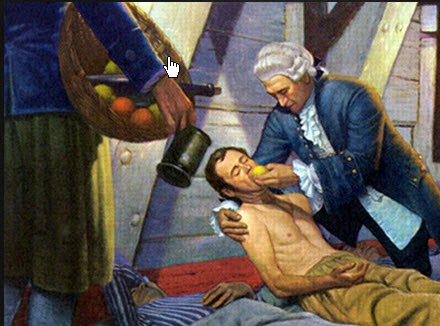What is Modern Medicine?
In the 18 and 19th centuries, blood letting, leeches and purging were considered state of the art.

When I graduated from Medical School in 1967 - the major cause of heart attacks, strokes, cerebral haemorrhage, kidney failure, blindness and death was - believe it or not - high blood pressure (hypertension). Since then BP lowering drugs have been developed so there are now very few people who suffer from this problem - drugs do save lives. We have antibiotics which kill bacteria and have again made feared diseases like puerperal sepsis (sepsis at birth), pneumonia, TB etc problems of the past. However with the widespread use of antibiotics in medicine and veterinary practice, many of these are beginning to reappear in drug resistant forms.
We still have no answers to cancer, immune diseases, virus diseases, neurological diseases - both in their prevention and cure, and most of modern medicine involves treating symptoms without necessarily improving survival or outcomes.
Gene therapy, targeting cancer cells with immune therapy and similar techniques are probably the next step in the advancing march of medicine, but again all of this concentration is closing the gate after the horse has bolted. Much much better, prevent the diseases from developing in the first place.
We have forgotten the wonder of the human body and also nature which has kept us sustained and healthy for hundreds of thousands of years - as far as we know, cancer, coronary disease, Alzheimer's, immune diseases were rare until the last century. We need to look also at our world - pollution and toxins which we put in and around our bodies, poor nutrition and lack of exercise are all creating bodies ripe for the development of today's diseases.

This Pharmacists map from the 1930's click here (for full size)gives a fascinating commentary on how health is changing. In modern medicine only approved drugs made by the pharmaceutical industry are considered appropriate to administer to our patients. Natural, complementary or alternative therapies are discouraged or even banned because they may interfere with our 'proven' therapies - even though the third cause of death in the USA is pharmaceutical drugs. But here we have evidence from the 1930's that many of today's so called 'snake oils' were being used by doctors and health practitioners very effectively. Why effectively - well because many of them contained drugs which we use today ( aspirin, quinine, local anaesthetics, caster oil, psyllium, cafergot, ipecac, morphine...the map is quite fascinating, and how many more of these early remedies may possibly be beneficial? For example there is good evidence that cannabis oil, CBD the non psychoactive ingredient of cannabis can help with epilepsy, other neurological diseases and even cancer.)

It will be many years before we reach the stage of having a wand that diagnoses and cures like Doc
in Star Trek, diseases, bacteria and viruses do have a cunning ability to change and become resistant to whatever therapy humankind can develop. Concentrating on prevention, supporting and protecting our bodies, and looking more at what nature has provided will really become a Modern Medicine which will not need to change.












































